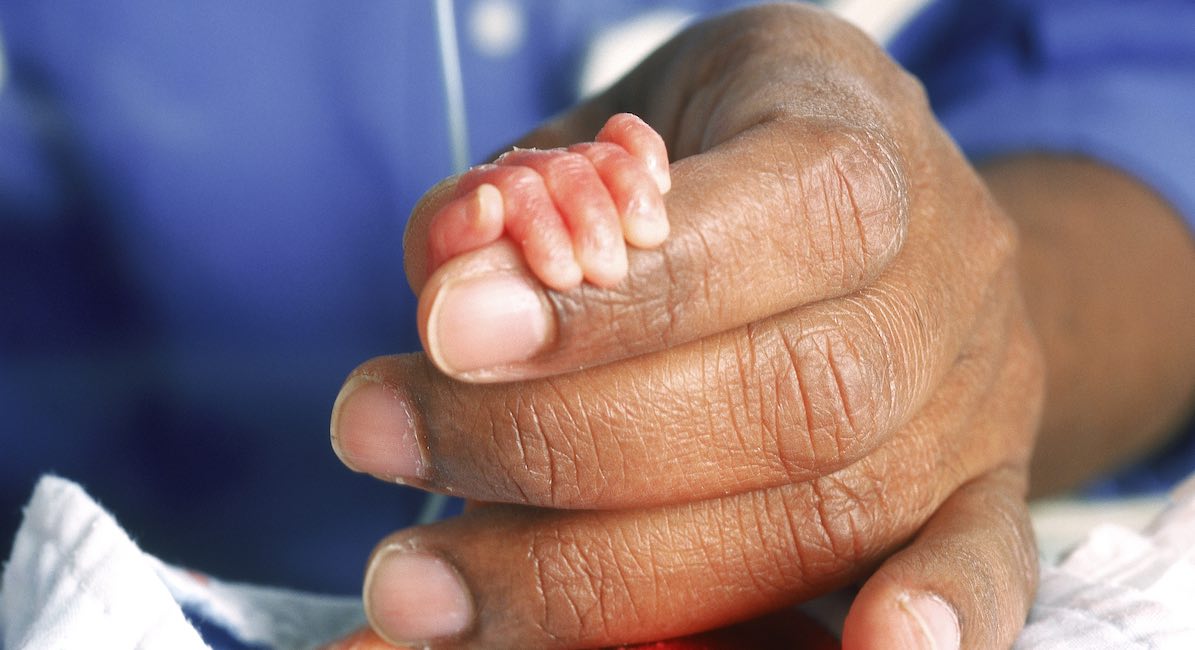A recent Washington Post article acknowledged that the increased survival rate of premature babies presents a challenge to the concept of fetal viability in the ongoing abortion debate. Discussions regarding an preborn child’s life at an early stage of pregnancy are particularly relevant now, especially as the Supreme Court considers a Mississippi case that could limit or overturn Roe’s viability standard.
The article shared Kourtney Vier’s story of giving birth to her son, Zeke, at the University of Iowa hospital. While Vier was “between her 22nd and 23rd week of pregnancy,” she says if she had stayed at the first hospital she went to, her son likely would not have survived, as that hospital’s policy was to offer only comfort care to babies born before 24 weeks gestation. While neonatal intensive care was necessary to save Zeke’s life, today, he is a healthy seven-month-old.
As babies like Zeke and Curtis Zy-Keith Means — the youngest premature baby to survive, born at 21 weeks and one day — continue to demonstrate, age and present capabilities are not a sufficient standard for determining whether a human being is deserving of life.
Citing a study published in June in the Journal of Pediatrics — a follow-up to a 2015 paper published in the New England Journal of Medicine — the Washington Post highlighted how researchers found premature babies can survive if given intensive care. According to the study, low survival rates associated with premature babies may be due to hospitals’ reluctance to provide care.
READ: Abortion’s association with future premature birth reflected in multiple studies
Still, the article stresses, if babies delivered early deserve lifesaving treatment from hospitals despite their age, it is difficult to justify aborting children at the same stage. What makes one baby different from the other, if both could potentially be delivered alive if provided with the proper care?
Either all babies are valuable and worthy of protection, or they are not. The article proposes artificial wombs as a potential solution in the future, but first, society needs to address Roe v. Wade’s outdated viability standard. When it comes to this standard for abortion, the United States is an outlier, as it is one of few nations to allow abortions beyond 15 weeks gestation. It shares this distinction with countries like China and North Korea.
But as Mississippi Attorney General Lynn Fitch noted in a recent brief she submitted to the Supreme Court, the “viability rule” is a “baseless premise.” The many decades that have passed since Roe and a later related case, Planned Parenthood v. Casey, has only exposed how both made far-reaching assumptions about viability.
“Like a right to abortion itself, a viability rule has no basis in the Constitution,” Fitch wrote.
While all children deserve their right to life regardless of their developmental stage, a Supreme Court decision allowing Mississippi’s abortion ban to stand would be a step in the right direction, acknowledging that humans are valuable and worthy of protection because of what they are and not because of arbitrary traits.
“Like” Live Action News on Facebook for more pro-life news and commentary!







